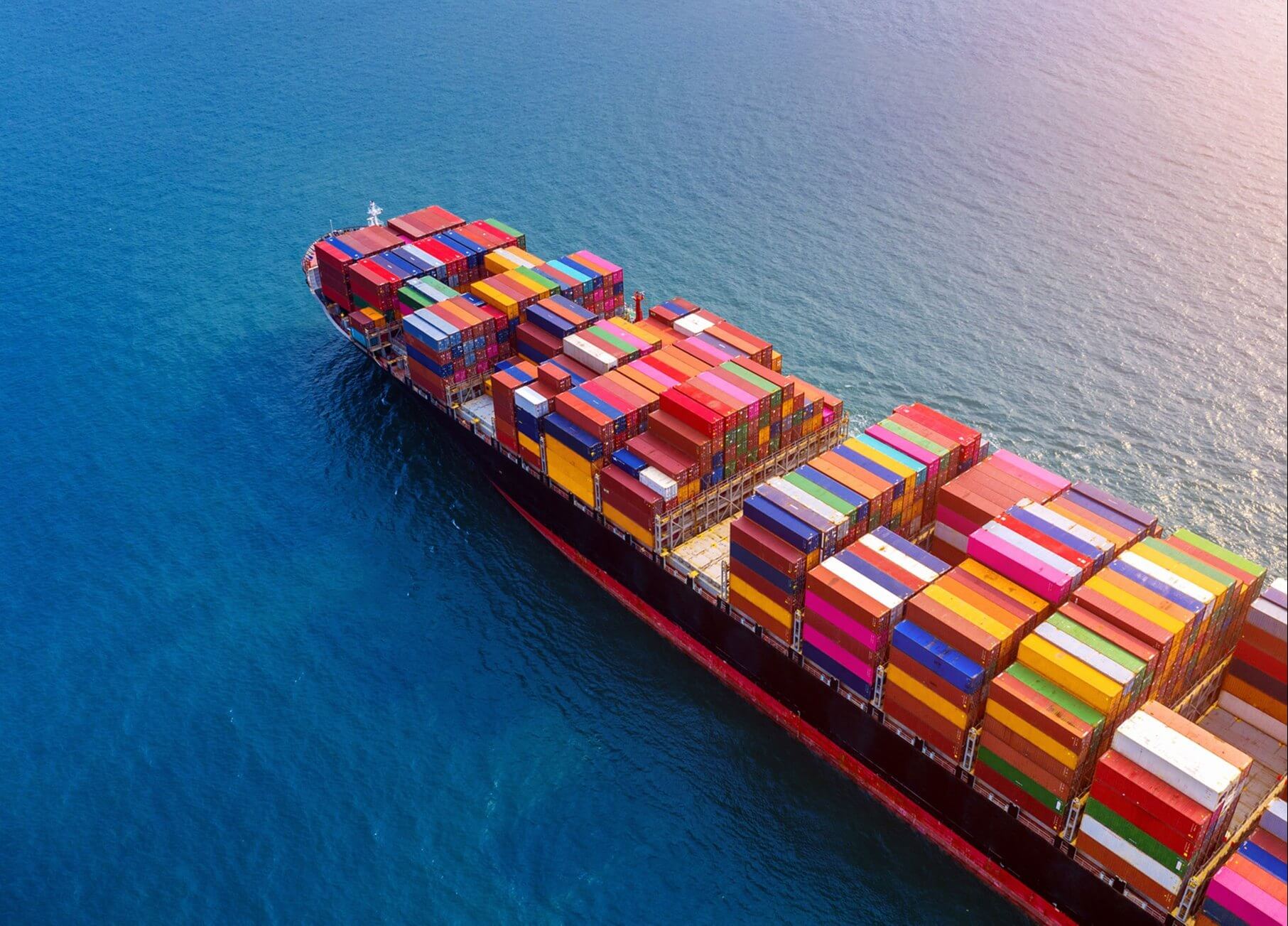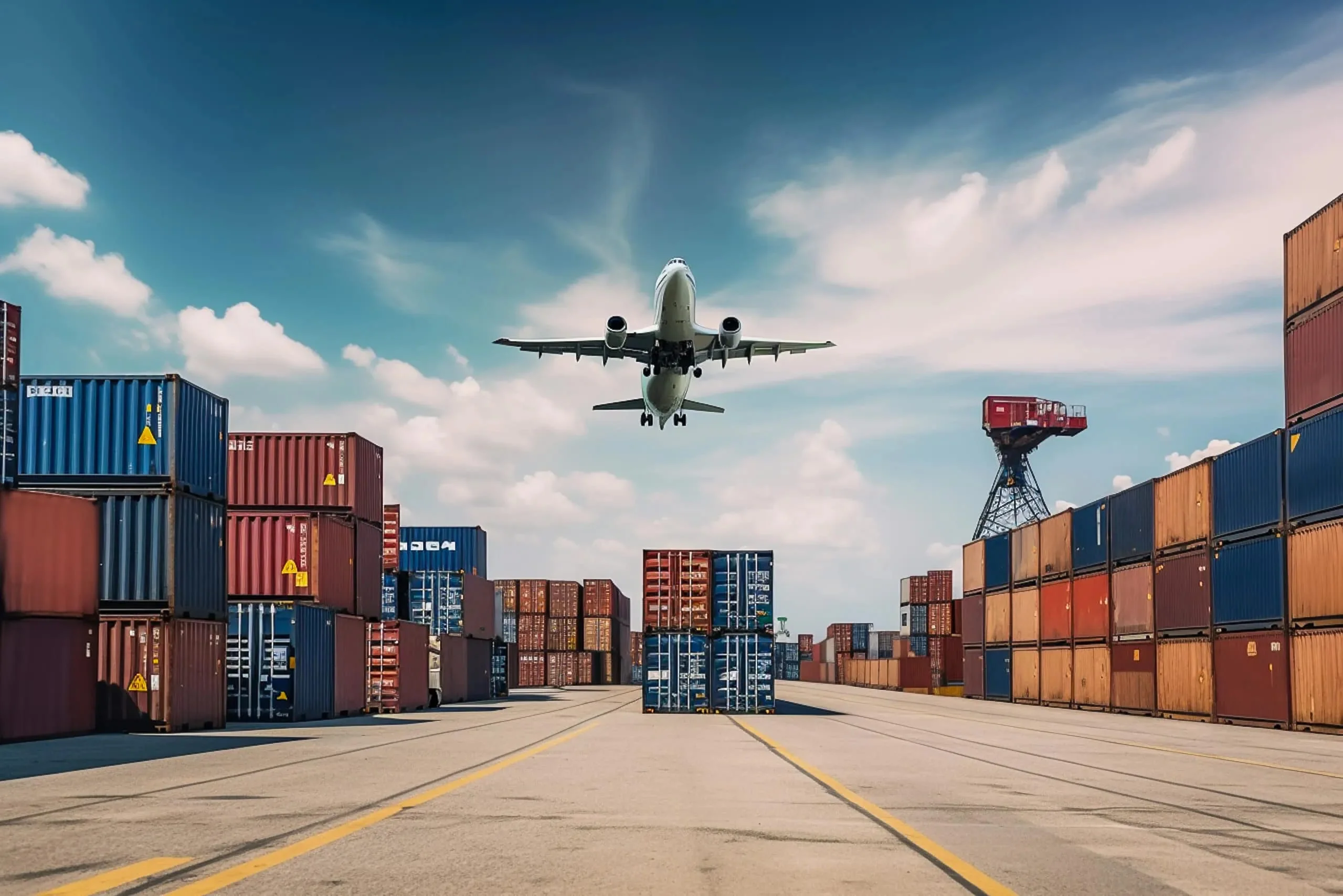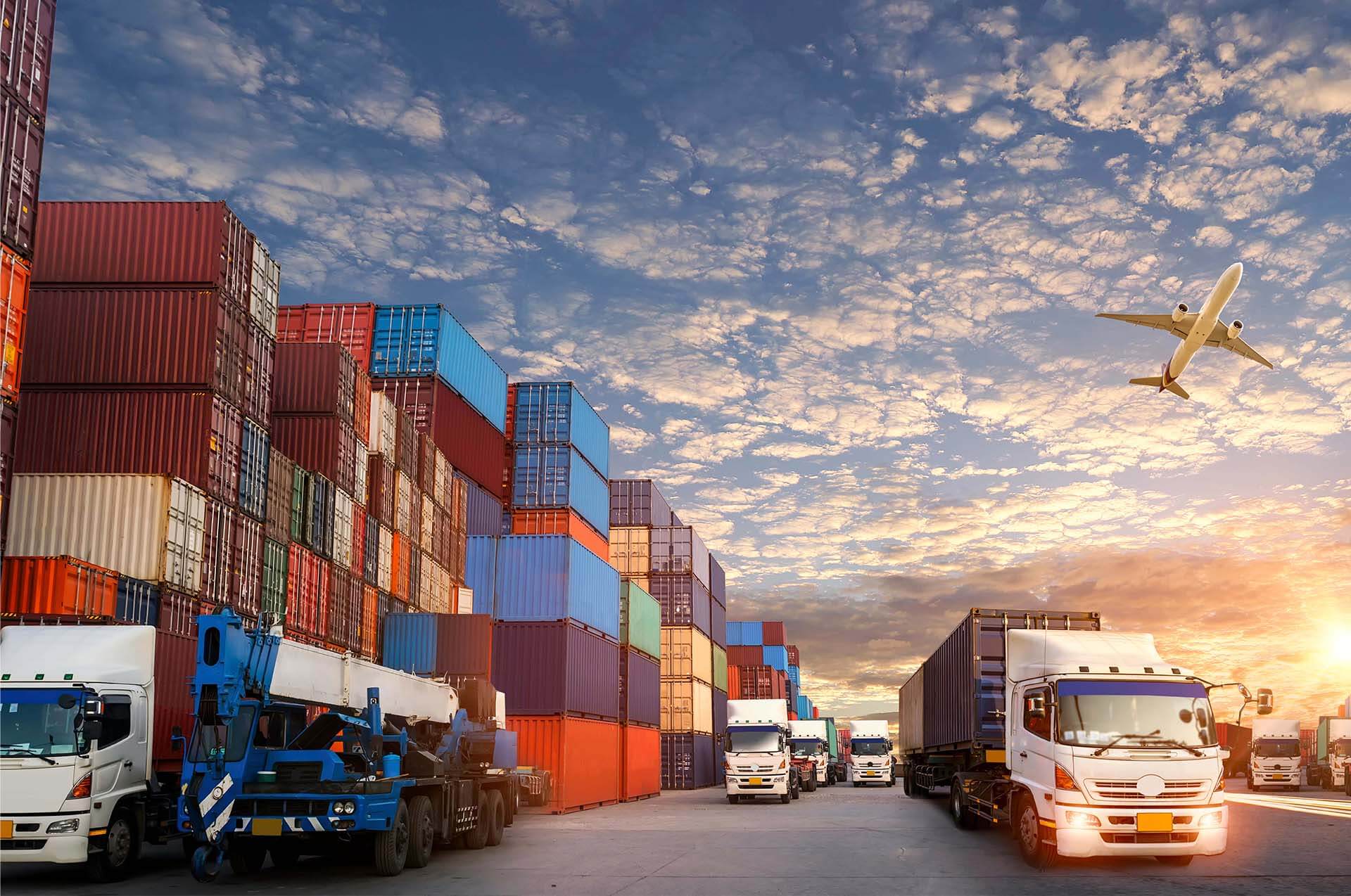
Freight insurance is a crucial aspect of shipping goods, whether domestically or internationally. It offers protection against various risks that can occur during the transportation of goods. Whether you’re a business shipping valuable merchandise or an individual sending personal items, understanding freight insurance can save you from potential financial loss. In this article, we’ll explore what freight insurance is, how it works, and why it’s essential.
What is Freight Insurance?
Freight insurance is a policy that covers the loss or damage of goods while they are in transit. This coverage applies to goods being transported by sea, air, road, or rail. While shipping carriers often offer basic liability coverage, it may not fully protect the value of your shipment. Freight insurance, on the other hand, provides comprehensive protection tailored to the value of the goods and the specific risks associated with the mode of transportation.
How Does Freight Insurance Work?
Freight insurance policies are typically purchased by the shipper or the recipient (depending on the agreement) and are based on the value of the goods being shipped. The cost of freight insurance, known as the premium, is generally a percentage of the total value of the goods. The policy will cover losses or damages that occur during transit, such as theft, mishandling, or natural disasters.
In the event of loss or damage, the shipper or recipient can file a claim with the insurance provider. The insurer will investigate the claim and, if valid, compensate the policyholder for the value of the damaged or lost goods.
Why Is Freight Insurance Important?
Here are several reasons why freight insurance is essential:
- Protection from Unforeseen Events: Goods in transit are vulnerable to various risks, including accidents, weather-related incidents, and theft. Even the most reliable carriers can experience issues beyond their control, and freight insurance ensures that you are financially protected in such cases.
- Limited Carrier Liability: Most carriers provide some degree of liability coverage for lost or damaged goods. However, this coverage is often based on the weight of the goods rather than their actual value. For instance, if you’re shipping high-value items like electronics, carrier liability may only cover a fraction of the replacement cost. Freight insurance fills this gap by offering full coverage based on the declared value of the shipment.
- Peace of Mind: Having freight insurance allows both shippers and recipients to feel secure, knowing that any loss or damage will be compensated. This is particularly important for businesses that rely on the timely and safe delivery of goods to maintain customer satisfaction and profitability.
- Compliance with International Regulations: When shipping internationally, certain countries may require freight insurance as part of customs and import/export regulations. Ensuring your shipment is insured can prevent delays or complications during customs clearance.
Types of Freight Insurance
There are various types of freight insurance policies, depending on the goods being shipped and the mode of transport:
- All Risk Coverage: This is the most comprehensive type of freight insurance and covers any loss or damage except those explicitly excluded by the policy (such as war or nuclear events).
- Total Loss Coverage: This policy covers the total loss of goods due to an accident, such as a ship sinking or a truck being involved in a severe collision. It does not cover partial loss or damage.
- Named Perils Coverage: This type of insurance covers only the risks specifically listed in the policy, such as theft, fire, or collision. It provides less coverage than all-risk policies but is generally more affordable.
- Warehouse-to-Warehouse Coverage: This policy covers goods from the moment they leave the warehouse of origin until they arrive at the destination warehouse. It ensures full coverage throughout the journey, including temporary storage periods.
Freight Insurance Cost
Freight insurance cost covers potential losses or damages during transit, whether by sea, air, or land. Several factors influence the cost:
- Type of Cargo: Fragile, perishable, or high-value goods like electronics or luxury items usually incur higher insurance premiums due to the increased risk.
- Shipping Method: Ocean freight typically has lower insurance rates compared to air freight, which is faster but more expensive to insure.
- Distance and Route: Longer distances and routes through high-risk areas (e.g., regions prone to piracy or severe weather) can raise costs.
- Declared Value: The higher the value of the shipment, the more expensive the insurance, as it’s generally a percentage of the declared cargo value (0.3% to 1.5% is common).
- Coverage Type: Basic coverage might only protect against total loss, while more comprehensive plans cover a wider range of risks (e.g., partial damage, theft, accidents).
Businesses can choose between All-Risk policies (covering most risks) or Free of Particular Average (FPA) policies (limited to specific damages).
Key Considerations When Choosing Freight Insurance
Before purchasing freight insurance, consider the following factors:
- Value of Goods: Make sure to accurately declare the value of the goods being shipped. Underestimating the value can lead to insufficient compensation in the event of a claim, while overestimating may result in higher premiums.
- Type of Goods: Some goods, such as perishable items or hazardous materials, may require specialized insurance policies. Be clear about the nature of the goods to ensure proper coverage.
- Exclusions: Carefully read the policy’s exclusions to understand what risks are not covered. For example, some policies may not cover damage caused by poor packaging or inherent defects in the goods.
- Mode of Transport: Different modes of transport carry different risks. Goods transported by sea are exposed to risks like storms and pirates, while road transportation may involve accidents or theft. Ensure your policy covers the specific risks associated with your chosen mode of transport.
- Claims Process: Look for an insurance provider with a straightforward and efficient claims process. The faster you can resolve a claim, the quicker you can recover from any losses.
How to File a Freight Insurance Claim
If your goods are lost or damaged during transit, it’s important to file a claim promptly. Here’s how the process typically works:
- Document the Damage or Loss: Take photographs of the damaged goods and gather all relevant documents, such as the bill of lading, invoice, and packing list.
- Notify the Carrier: Report the damage or loss to the carrier as soon as possible, as many carriers have strict time limits for filing claims.
- File the Claim with the Insurance Provider: Submit your claim to the insurance provider, along with all supporting documentation. Be sure to follow the insurer’s specific guidelines for filing claims to avoid delays.
- Cooperate with the Investigation: The insurance company will investigate the claim, which may involve inspecting the damaged goods or reviewing carrier records. Be prepared to cooperate with this process.
- Receive Compensation: If the claim is approved, you will receive compensation based on the terms of your policy.
Conclusion
Freight insurance provides vital protection for businesses and individuals shipping goods domestically or internationally. It offers peace of mind by covering potential losses or damages that can occur during transit. By understanding how freight insurance works, its types, and how to file a claim, you can ensure that your valuable goods are fully protected, no matter where they’re going.



